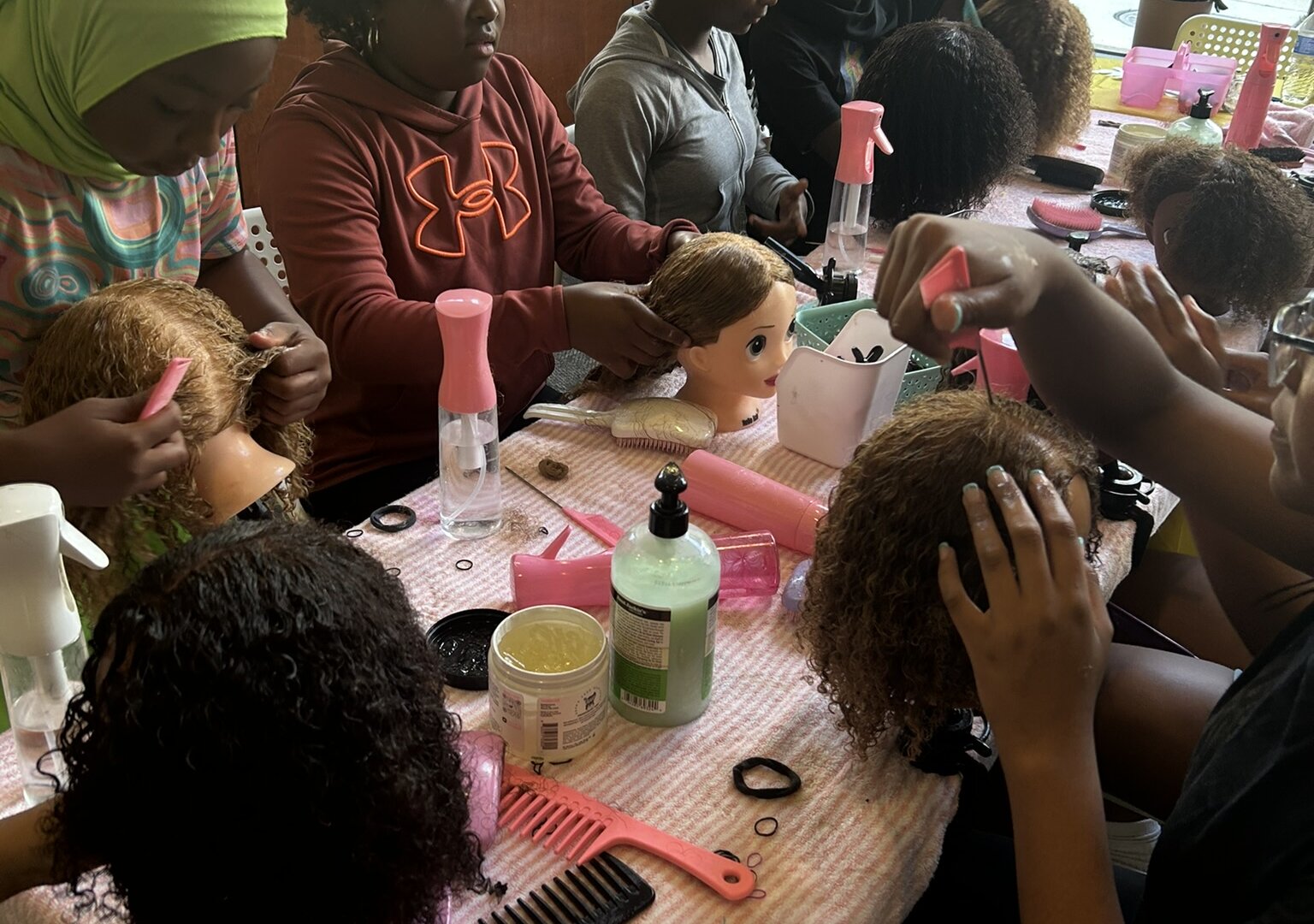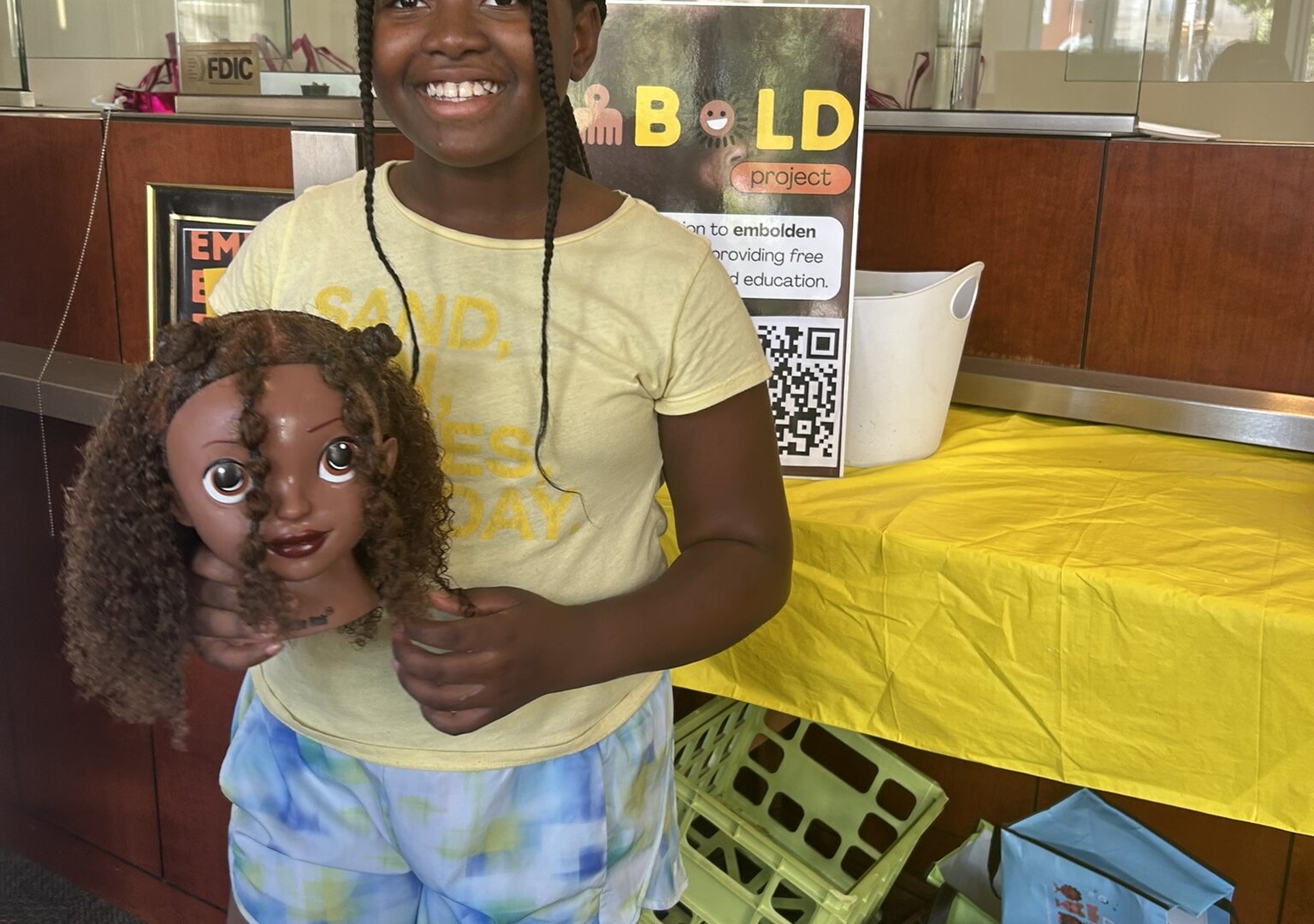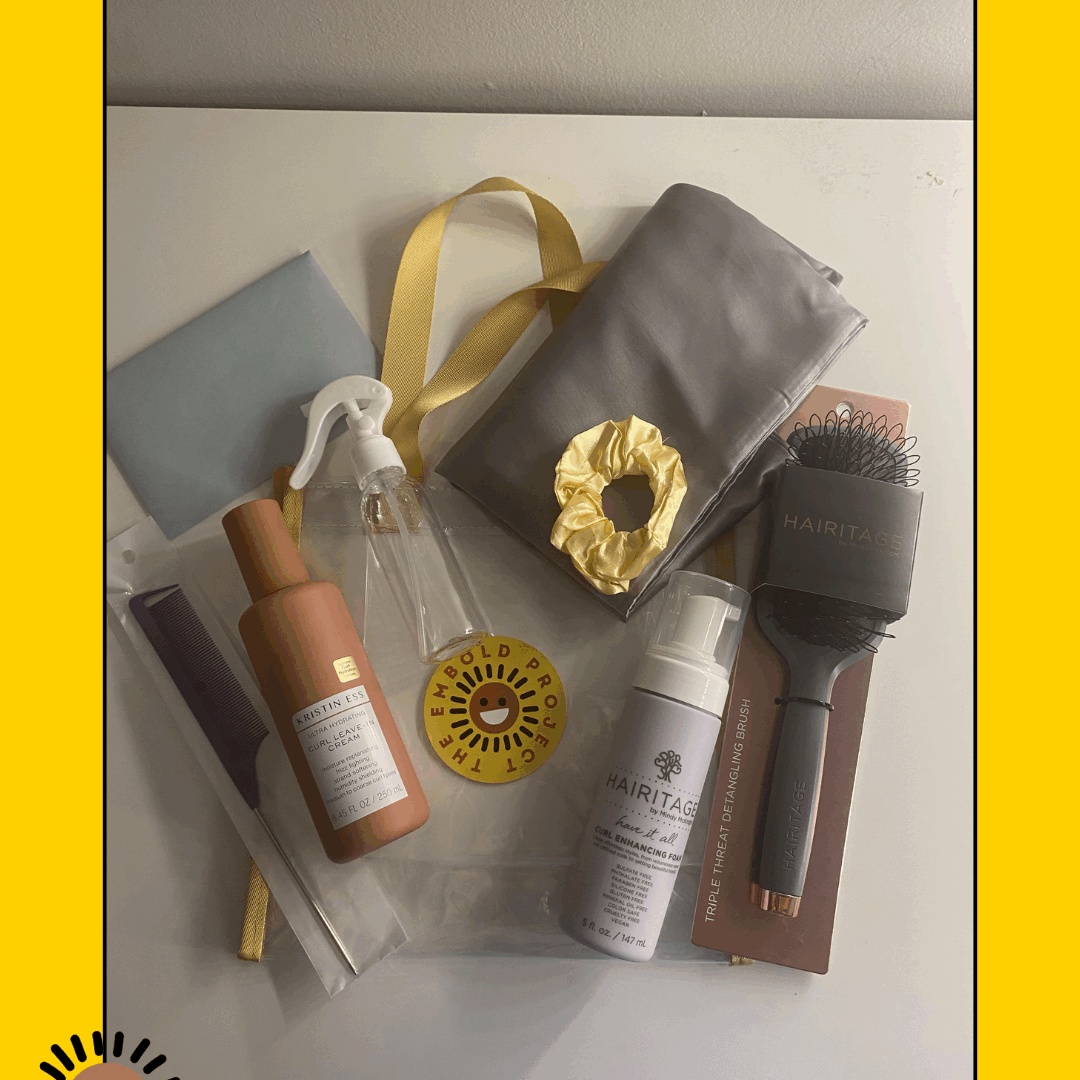The Problem
The Embold Project aspires to combat Black girls’ chronic school absenteeism caused by a lack of education, resources, representation, and confidence surrounding their natural hair. The idea that Black hair is “un-tamed,” “nappy,” “unprofessional,” “unfeminine,” or “wild” has been an apparent motif throughout the world that unfortunately finds its way into the minds of young Black girls—heavily from the school atmosphere. In a study from Arizona State University, “[A] large number of Black girls reported verbal teasing or bullying because of their hair, starting in preschool or kindergarten. The prevalence of verbal teasing or bullying was dwarfed by touching girls’ hair without permission. Touching of hair without permission was reported by 78 percent of 10-year-olds, 50 percent of 11-year-olds, 81 percent of 12-year-olds, 65 percent of 13-year-olds, and 70 percent of 14-year-olds” (The Journal of Blacks in Higher Education). These negative experiences and harassment related to natural hair can deplete a girl’s confidence in her natural being. When students feel incomplete wearing their natural hair, they commonly miss school. Sharicca Boldon, who served as a community school coordinator at Margaret Brent Elementary/Middle School from 2013 to 2019, was responsible for connecting the school to community resources, assessing the school’s needs, and identifying available support. She recalls a time when a student nearly left school because of her appearance. She states, “S. was a middle school student and she came to school without her hair being styled. She did not want to stay in school or go to class; she just wanted to go home. So, the social worker and I assembled some items to do her hair. We worked together to ensure that she felt good about herself and felt confident returning to class. As a community school coordinator, I used to keep an inventory of items that students may need on hand, such as uniforms, socks, underwear, school supplies, etc. My experience with S. helped me realize that it might be helpful to have hair care items for students who might need it as well.” This is an issue that flows over into high school. Burnett Morsell, a social worker for Baltimore City College High School, described her experiences dealing with students who miss school due to hygienic conditions. “Sometimes when [the student’s] hair ‘isn’t right,’ [they] simply do not go to school or [their] appointment is during school hours.” She later states, “Most [Black young ladies] wear wigs and weaves—not their natural hair itself. It has become more acceptable now, but this is something that is taught.”


